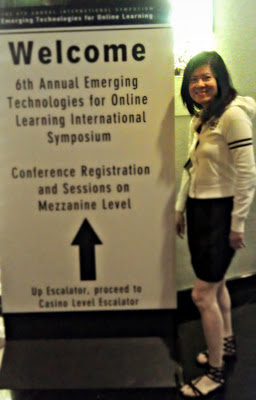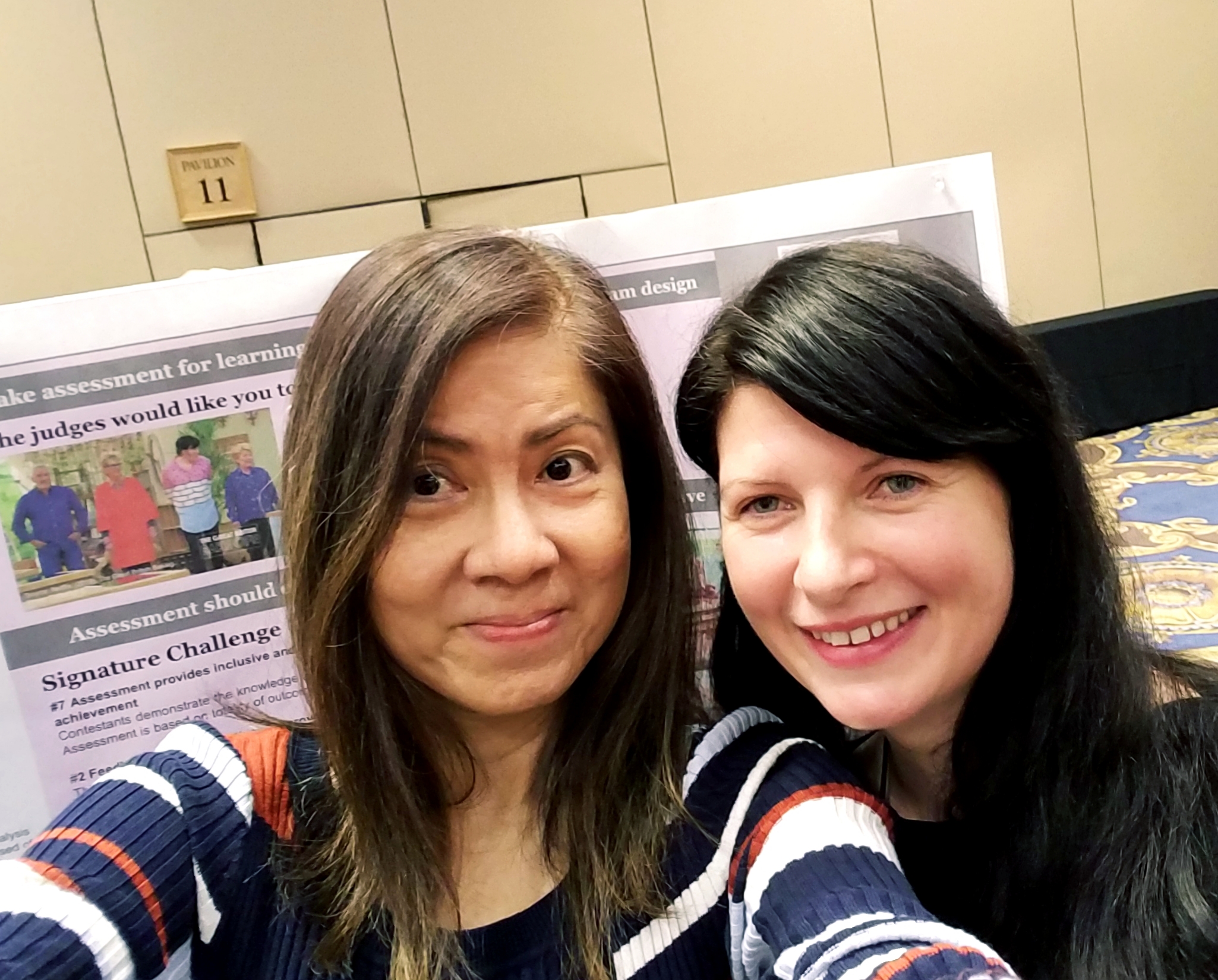MOOC Hype and the Coursera Partners’ Conference 2017
I was fortunate to get to attend a conference for Coursera partners, of which my institution is one, a trailblazing one. Apparently, as my director said, what we are doing at our unit is new and unheard of to many participants. In fact, I shared at work that I was awed by the attention we were getting. With 24 (or 25?) of us attending, we were represented at a significant number of breakout sessions. There were several big moments for us; but for me, the two major ones were first, the launch of our iMSA (Master of Science in Accounting) program in partnership with Coursera, and second, the expansion of stackable degrees from our College of Business (students earn a graduate degree and micro-credentials from Coursera).
Before I attended this conference, I was aware of the negative write-ups about MOOCs. Detractors argue that MOOCs are not educational due to the poor (or lack of) engagement between the instructor and the massive number of students. Supporters lauded the open access to information now afforded to participants from various corners of the world. Some detractors contend that the course sites are poorly designed with talking head videos which were boring and non-engaging.
As an educator, researcher, and instructional designer (who has been criticized for still using the term “instructional” designer), I have learned not to participate in unnecessary hullabaloo around a subject matter. What matters to me is “to judge a tree by its fruit.” Different educational interventions can serve different audiences. Let me illustrate.
A friend of mine commented on my move to Urbana-Champaign, Illinois to work. She preferred to remain in the northeast because of the quality of water — which might have more toxins (think Flint, Michigan). “We can filter the water,” I said. “You can’t filter all the toxins or boil them away.” Educational offerings can be likened to water availability. In some countries, clean water is deficient. [Consider donating to Charity Water!] In the USA, some, like my friend, are concerned not just with the “cleanness” of the water, but with the level of toxicity in the water. MOOCs offer access to educational content (mainly through readings and videos) but we have opponents who argue that this is bad instruction. To underserved communities, when you don’t easily have access to any sort of information, a MOOC can be plenty. One of our college’s courses, Subsistence Marketplaces, won the 2017 Coursera Transformation Award.
Forty percent of the course’s enrollments are by learners in emerging economies, and many of these learners have applied lessons from the course to create positive change on a local, regional, and even national scale.
For example, one learner is using the understanding she gained about subsistence marketplaces to create women’s health curricula and distribute sanitary pads in rural India. A group of four women in Honduras are starting a business to help children access higher education in that country, using recycled plastic and fabric to make bags and aprons to raise money for tuition assistance. And a CEO of a rice company in West Africa is using the course to link farmers with developing markets.
Professor Viswanathan’s course and his work in subsistence marketplaces have inspired thousands of individuals to create sustainable jobs and enhance the welfare of people and communities in poverty-stricken areas of the world. He has been recognized for his efforts by numerous awards, and his model has been adopted by the United Nations Relief Center in working with refugees. – Source: Coursera Blog
I’m not here to persuade anyone to think my way or any way. I’m merely reflecting on what I’ve learned from the conference. I’ve become more open to what all educational forms and formats can achieve. Working in a university that produces large scale self-directed open-access Coursera courses and seeing things from an insider’s view changes how I perceive large-scale courses.
For more insight into what I’ve learned from the conference, check out my Storify collection of tweets about the conference (#CourseraPartners17). I am embedding the tweets here:





One Comment
Pingback: